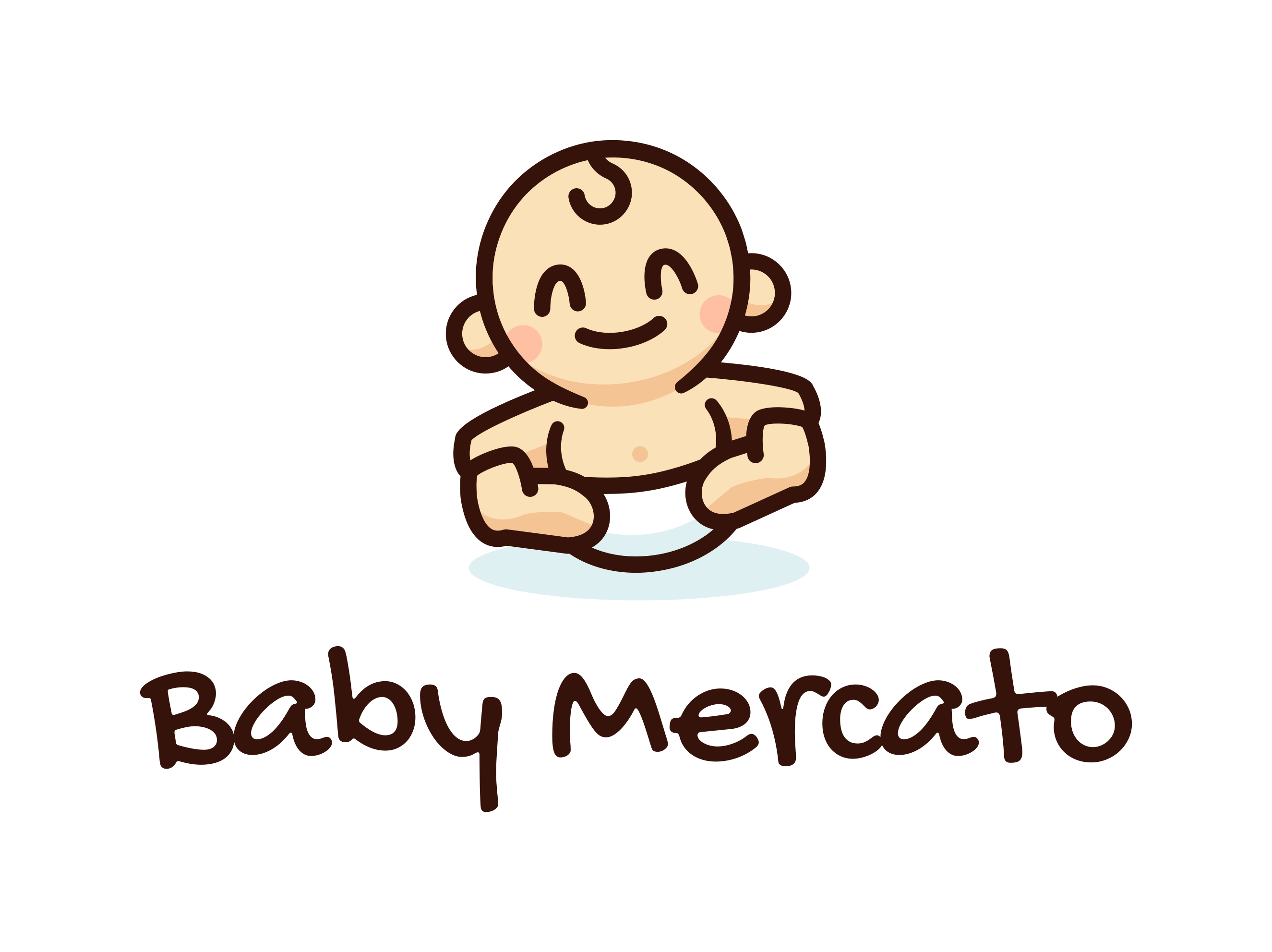When I read an ingredient list I like to think of it as a symphony. All individual ingredients play a part in making what we consume either harmonious or unbalanced for our diet. That is exactly why I love to scour ingredient lists, so I can properly listen to my body if I am eating something that is making me feel a little less 'in-tune' (excuse the pun- I couldn't help it)
Today I would like to dive into the ingredient that 98.6% of us consume! It is an ingredient not only in baby formula but in most shelf foods & beverages we consume. Let us talk about MALTODEXTRIN! Firstly let's break down the word:
According to the Online Etymology Dictionary:
Malto or Maltose is a sugar formed especially from starch by the action of enzymes and used in brewing and distilling
Dextrose is the name of a simple sugar made from corn or wheat that's chemically identical to glucose, or blood sugar.
So with that being said the main sources that are used to make Maltodextrin are from corn, rice, potato starch, or wheat. It basically looks like a powder and is commonly used as a food additive and a thickener.
How is it made?: by breaking down starches into smaller molecules through a process called hydrolysis. This process results in a tasteless, odorless, and easily digestible powder that can be quickly absorbed by the body.
Why is Maltodextrin in my baby formula? It provides a source of carbohydrates that can help meet a baby's energy needs. Here are some of the potential health benefits of maltodextrin in baby formula:
-
Provides energy: Maltodextrin is a carbohydrate that is quickly and easily digested by the body, providing a source of energy for babies.
-
Easy to digest: Maltodextrin is a highly processed food ingredient that is easily broken down by digestive enzymes in the body, making it easy for babies to digest.
-
Improves formula consistency: Maltodextrin can help improve the consistency of baby formula, making it easier for babies to drink and reducing the risk of choking.
-
Lowers risk of hypoglycemia: Maltodextrin can help prevent low blood sugar levels (hypoglycemia) in babies, which can be a risk for infants who are born prematurely or have other health conditions.
-
Provides a source of prebiotic fiber: Some types of maltodextrin used in baby formula may also provide prebiotic fibers that can help support a healthy gut microbiome in infants.
With all advantages listed above can be proven as helpful depending on the individual need of your baby, let's look at concerns shall we?
Possible Concerns:
-
High glycemic index: Maltodextrin has a high glycemic index, which means it can cause a rapid increase in blood sugar levels. This can be a concern for babies who are at risk of developing diabetes or obesity.
-
May be derived from allergenic sources: Maltodextrin can be derived from various sources, including corn, wheat, and potato starch, which can be allergenic for some babies. Babies with a history of allergies or sensitivities may be more susceptible to adverse reactions to maltodextrin.
-
Can displace other important nutrients: Maltodextrin is often used as a substitute for other carbohydrates, such as lactose, in baby formula. This can displace other important nutrients, such as protein and fat, that are essential for baby's growth and development.
-
Highly processed: Maltodextrin is a highly processed food ingredient that undergoes extensive chemical and enzymatic treatments to produce the final product. Some people may be concerned about the potential health risks associated with consuming highly processed foods.
-
May cause digestive issues: Some babies may experience digestive issues, such as bloating, gas, or diarrhea, when consuming maltodextrin. This can be a sign of an intolerance or sensitivity to the ingredient.
It is important to note that while some babies may experience adverse reactions to maltodextrin, it is generally considered safe for consumption in baby formula when used as directed by a healthcare professional. If you have any concerns about using maltodextrin or any other ingredients in baby formula, it is best to consult with your child's pediatrician.
Thankfully there are baby formulas that do not contain Maltodextrin for those of you who want to avoid it. Jovie Formulas and Hipp Goat Formulas, HiPP Combiotic Dutch Formulas, Löwenzan Organics, Lebenswert Stage 1 for example, do not contain Maltodextrin.
In the meantime feel free to contact me with any other ingredients you would like to me break down for you!

